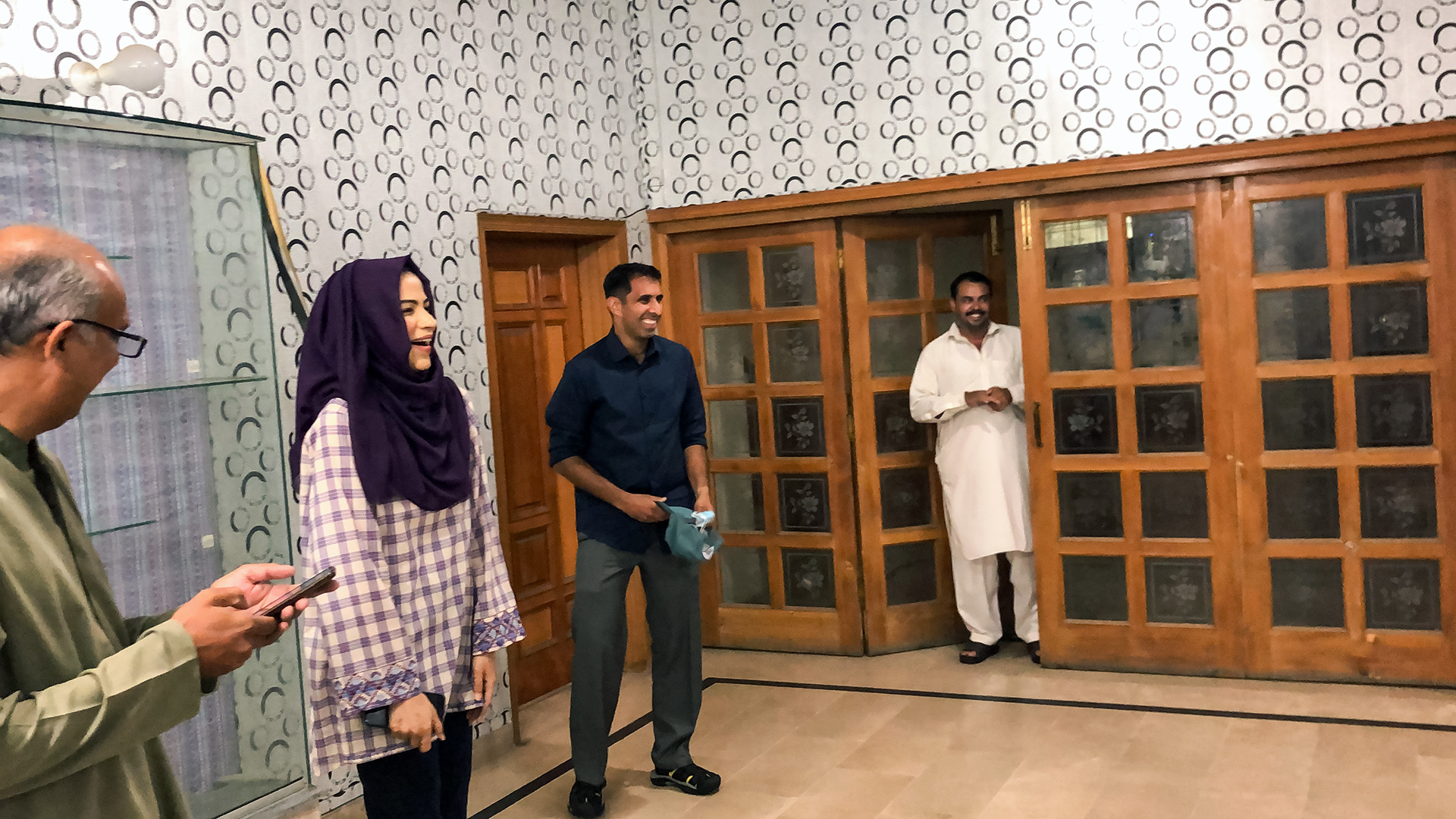Hiring good software developers can be challenging. There's inevitably a huge skill gap between the developers' skills and the skills required for the job.
"The skills gap is here, and it's growing — nearly one-third of employers surveyed agree that the skills gap has increased from a year ago. This reality contributes to the difficulties of sourcing qualified candidates, with 87% of employers reporting trouble finding qualified talent as a result." - Found it, previously Monster.
Businesses are availing more online services from Technical and consulting companies. That's why many companies are increasing peripherals in their tech stack. Since the market has less than a decent number of good developers ready to upskill and reskill if needed, companies invest in them to stay futureproof and relevant. They are prepared to pay higher to the deserving candidate. That's why we can see a huge IT boom in the industry.
Because of this huge demand, many developers quickly switch jobs and the companies that cannot pay much face problems. As soon as the candidate leaves, it becomes difficult for the companies to hire new developers to make them understand the project from the middle and continue with the same proficiency. Not only this, but there are many reasons employees switch jobs early. Let's understand them and what companies can do to protect themselves.
Why Do Developers Resign?
No Growth: Nobody likes to work where they don't find themselves growing in their respective fields. That's why when companies cannot provide good opportunities, employees start looking at other options in the market. Employees already know the technology shift in the market and try to cope with that for good quality jobs. So, a company should motivate them and keep a professional development program to keep them engaged and learning new things.
Lack of support or Burnout: Working from home has multiple benefits and challenges. Companies are getting benefits as employees work from home because they don't have to arrange office spaces, parking spaces, meals, etc. Also, since employees are not traveling, the workload increases, and employees reach the Burnout stage.
A few employees always expect the same level of output from their developers. They must address the real Burnout issue, and the employee must take a break for better work tomorrow. That break is necessary to have a balanced life.
Pay Disparity: When HR professionals hire employees, they have a specific budget, for example, 12,00,000. If the new candidate has a previous salary of 8,00,000, then HR will offer 15%-20% of the hike while the market may provide more. The candidates who don't agree to this bar and negotiate higher can reach a score of 12,00,000. Employees who didn't negotiate and join the company see pay disparity and start searching for a new job again, and the cycle continues.
What safeguards can agencies take to protect themselves during a developer's stay with them?
Documenting every spring cycle: Projects are completed in multiple sprint cycles. For example, as per the waterfall model, developers create the plan, present it to the customers, start development, ensure testing, and then aggregate model by model. Now, this process is completed by the development and testing teams, and once a person leaves, no one knows the progress in practical terms. That's why documenting all the sprint cycles and maintaining the project in the project management tool helps resolve the issues and maintain the quality of resources.
When the new resource joins, he/she can read these documents and start working with the same progress.
Understanding the tools and technologies: When developers start a project, they know about a particular tech stack. As soon as he/she resigns, the new set of people might have different perspectives about the tech stack.
Thus, the technological advancements offered to the clients must be well documented to avoid further conflicts.
Make a GIT Repository: A GIT Repository shall be maintained for all the environments like staging, UAT, and production. This way, day-to-day progress can be monitored and saved for future use. Keep this repository password protected, as this is the backup if any employee deletes the code intentionally or by mistake.
Ensuring the process is recorded: The bugs the clients raise must be registered with all the details to track the changes in a module easily. Also, the configuration of the environment shall be recorded as new updates by the third-party companies can also disturb the lifecycle or efficiency of the project.
What should a company do when its developer resigns?
As soon as a developer resigns, the team leads, and HR shall call him/her and understand the reasons behind the resignation. For example, the reason may be pay disparity, lousy work culture, Burnout, and no support from the seniors and team lead. If it can be fixed in a few meetings, then both parties must agree.
If all modes of keeping the developer fail, then the manager or the concerned persons must inform the key members like Team Lead, project manager, and HR about the same. Also, it is time to discuss who'll fill the gap left by the developer. Is it manageable without hiring a new developer? Or is it a must to hire a new developer? Do they even have time to hire a new one and hand over the project since the deadline is near?
Once the resignation is accepted, the HR and project manager shall schedule Knowledge Transfer sessions for the juniors or upcoming team members.
How are resignations different between freelancers/contractors and full-time employees?
Freelancers, independent contractors, and full-time employees can perform similar tasks, but the only difference is between the types of agreements prepared for them. For example, an employee is given the required training by the company and starts working. The clauses mentioned in the Offer Letter are notice period, binding agreements, etc. Now companies can put a bond also in between, and employees cannot leave the company for a particular period; otherwise, they'll have to pay the bond amount.
However, in the case of a freelancer, they are employed for a particular task or project. Until the freelancers don't complete the job or project, they cannot leave or get the full payment for the project. On the other hand, an independent contractor is another form to describe a long-term freelancer. All entities are different from the federal government's perspective or the rule of law.
What are some next steps the agency should take?
As soon as the agency gets the notification about a developer leaving, the team should use the notice period of the developer to the fullest in understanding the tasks he/she used to do and the challenges he/she faced. Also, the progress from the client's perspective must be monitored, and all the issues must be cleared. The tasks affecting the clients directly or the live release must be quickly fixed as this may create long-term and high-level escalations.
Third-party agencies can also provide new resources that can easily take over after guidance. During the notice period, the developer shall train and prepare the latest resources for future issues and development.
What is the benefit of an exit interview with a developer?
An exit interview lets the companies understand the projects' and development company's pros and cons. This way, while dealing, they can take care of things. For example, suppose the developer is leaving because the poor or old tech stack is being used. If any other candidate is ready to take over, that is good, but he or she will also get frustrated by no growth and can leave eventually. This problem can be fixed using new and advanced technologies, which can also improve clients' experience and boost the developers. This is just an example; there can be numerous problems in different scenarios, attention should be paid to them, and the problem shall be fixed.
Developer turnover is true, but the hassle can be avoided by ensuring a proper knowledge transfer and exit process.



